○ The central government has forced local officials to demolish illegal mountain villas
○ Local officials had a hand in their construction, despite central government orders
○ The demolition is a high-profile example of the central government protecting the environment in the face of local corruption
Zhang Chun'e (pseudonym) did not know her farmland would become the root of a corruption case when it was sold to a property developer 15 years ago.
She lives in Jiangnan village, a 40-minute drive away from downtown Xi'an, Northwest China's Shaanxi Province, on the north side of the Qinling Mountain.
The Qinling Mountain played an important role in the formation and evolution of China's physical geography. It is the North-South divide, as well as a major habitat of rare animals such as pandas, snub-nosed monkeys, and crested ibis.
Zhang, 64, has been living in the village since she got married 40 years ago. The major source of income for her family was the crops grown in the terraced field right next to the village.
However, 15 years ago, the field her family relied on for living was sold to a real estate developer. Each member of her family received a "subsidy" of 10,000 yuan ($1,450). The developer received more than 66,000 square meters of farm land.
A year later, a grand compound with fancy villas was built on the mountainside. This compound is not unique.
"Drive along the road under the mountain, you can see these compounds everywhere," a local official told the Global Times.
"But starting this summer, some villas have been demolished," Zhang told the Global Times.
Origins of illegal villas
As of October 28, a total of 729 illegal buildings on an area of 790,000 square meters on the north hill of the Qinling Mountain in Chang'an district have been demolished, including 371 villas. A total of 1,036 illegal buildings on an area of 520,000 square meters have been torn down in neighboring Huyi district, including 844 illegally built villas, China Economic Weekly reported.
"It was initially an individual behavior to build villas in the piedmont area of Qinling Mountain, starting in 1997," Wen Shang, who runs a local real-estate company, told the China Economic Weekly.
"Rich people from the city purchased land in the mountain village as part of their lifestyle. It is illegal to buy residential land in rural areas, but more people choose to follow suit," Wen said. "Real-estate developers have been building villas in this area since 2002."
As early as 2003, the Shaanxi provincial government had issued a notice prohibiting companies and individuals from building commercial residences and private villas. The government reiterated the regulation in 2007.
In March of 2008, the government released stricter regulations to control real estate development in the north piedmont of Qinling Mountain.
The regulations were amended on January 5, 2017, to ban all forms of real estate development.
The city government of Xi'an also set up an office for ecological and environmental protection on Qinling Mountain. The office introduced regulations aimed at protecting the environment and ecology of the mountain.
Despite stringent regulations and instructions from the central government, more private villas are still erected every year.
"Last winter, 10 villas were built in the compound next to the village, and they were demolished this summer," Zhang Chun'e told the Global Times
Zhang Peng, a local agricultural program developer, said a defect exists in the regulations released by the provincial government in 2008.
"It fails to specify the north piedmont of Qinling Mountain. Instead, it categorizes the mountain into three parts: non-development areas, limited development areas and moderate development areas, based on different altitudes," said Zhang, according to the China Economic Weekly.
He said the government should be responsible for these illegal buildings, because the office set up by the Xi'an city government had allowed commercial development in the controlled area for a period of time.








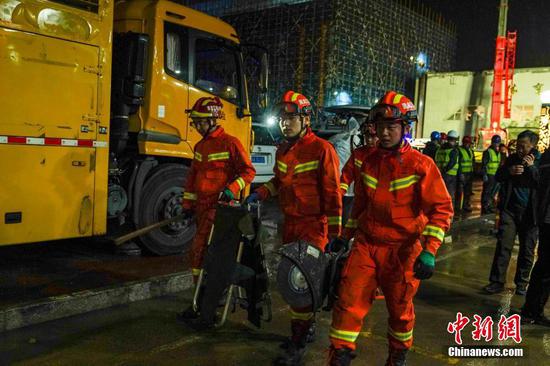

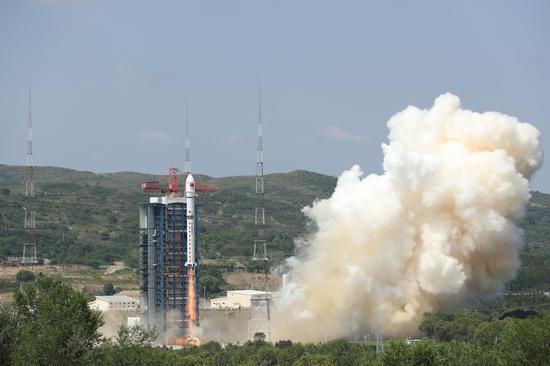
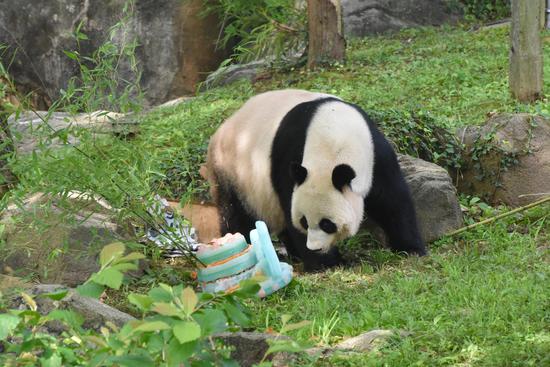
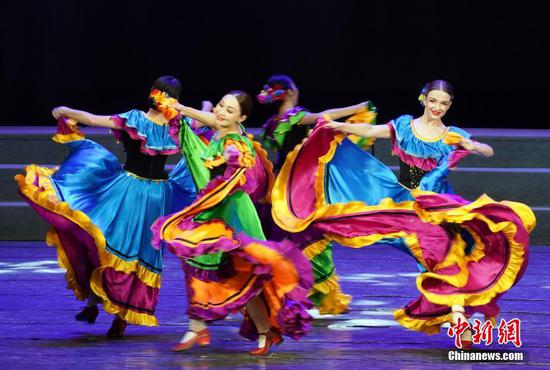
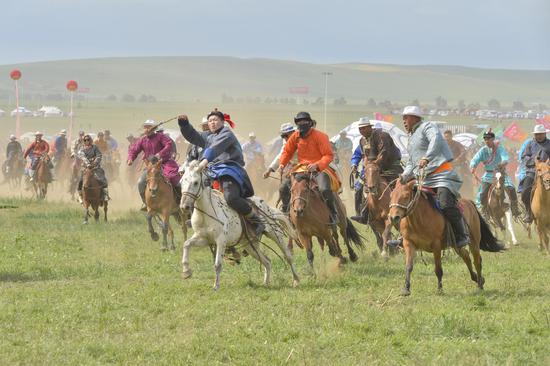

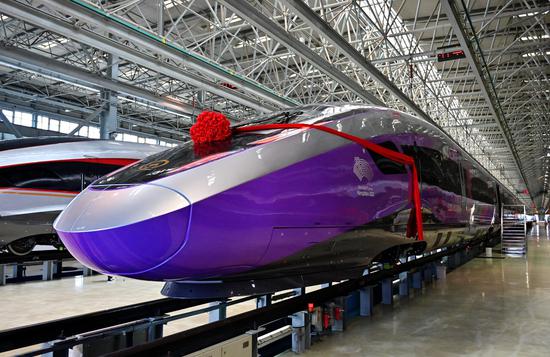
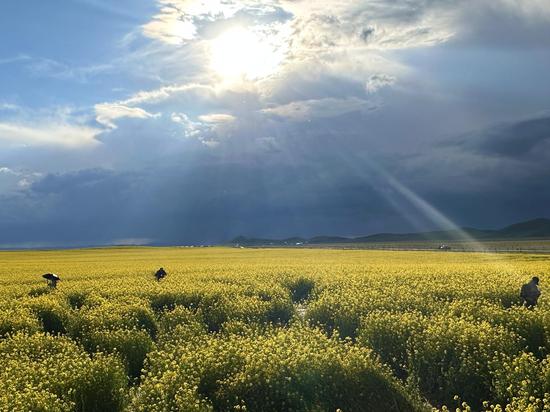




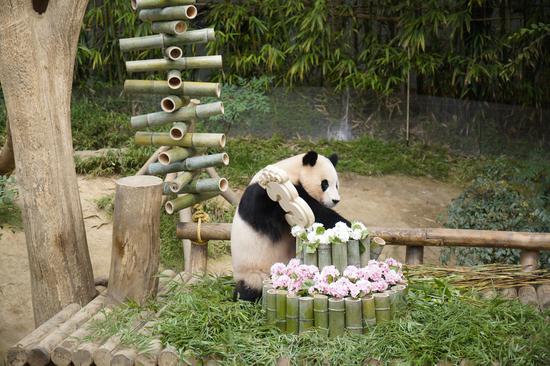

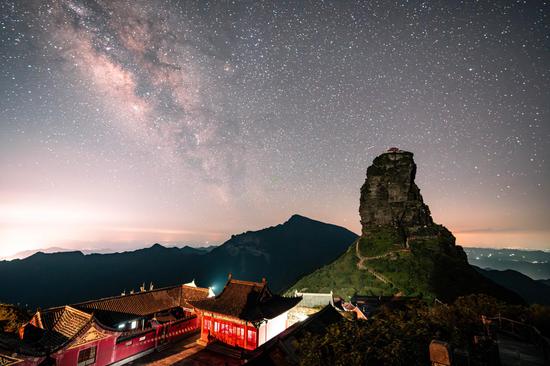
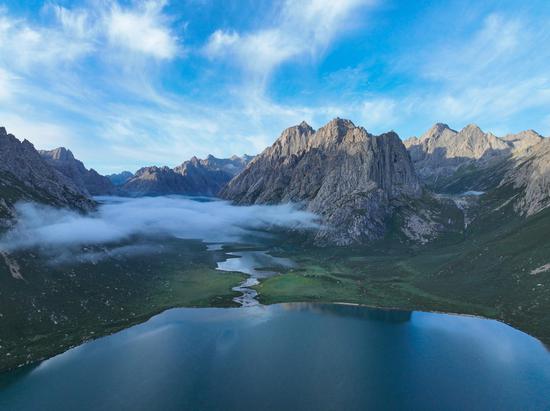

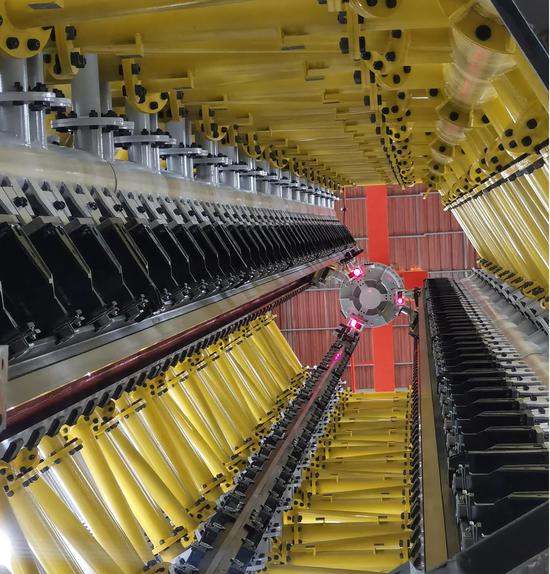

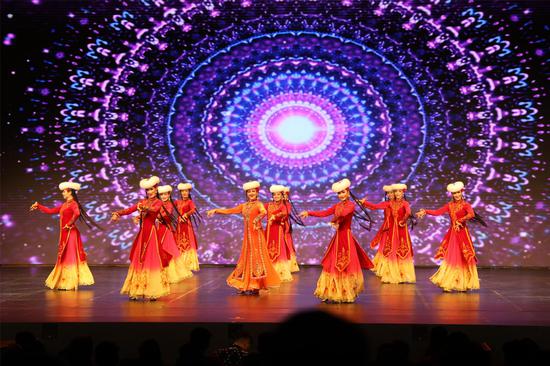

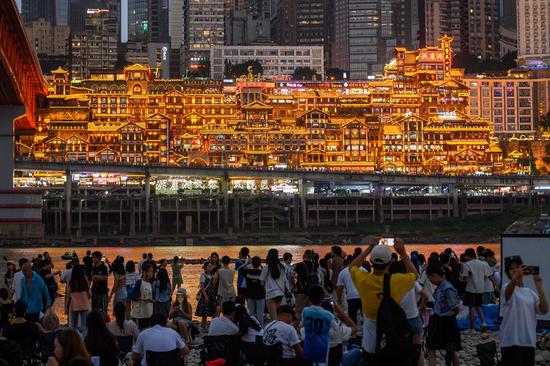
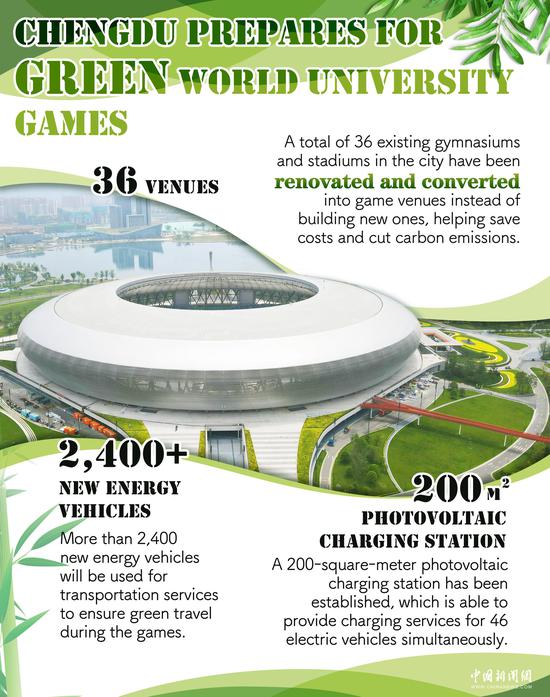

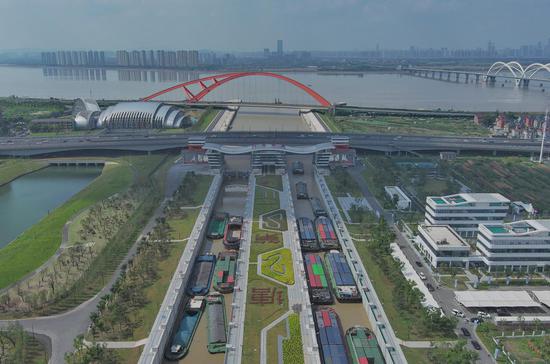
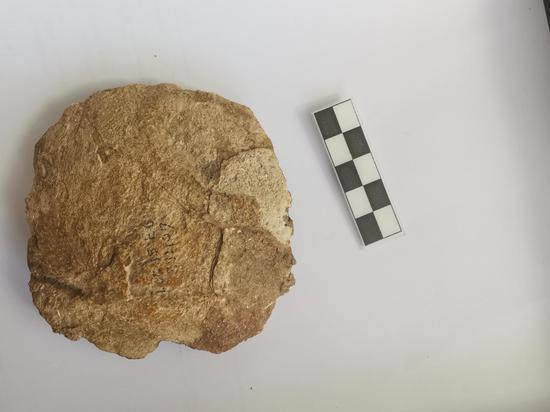

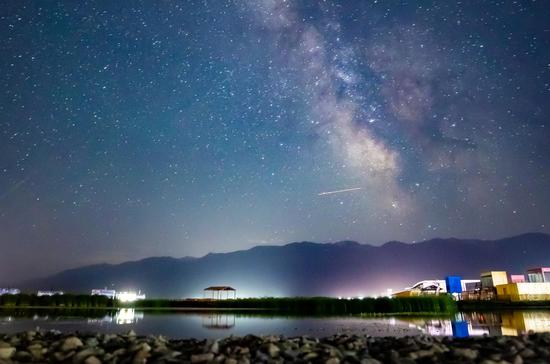

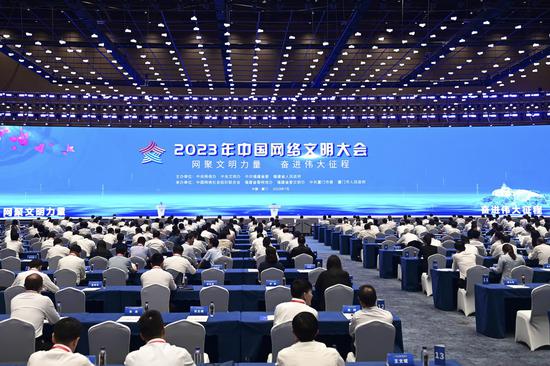
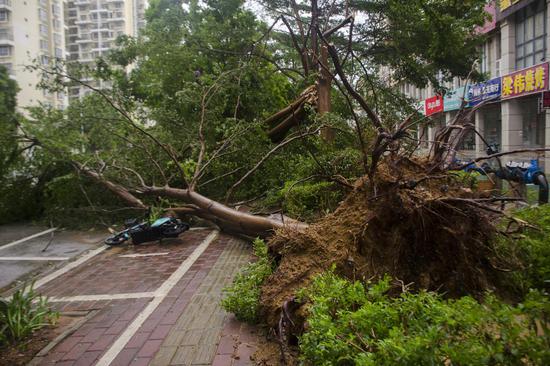
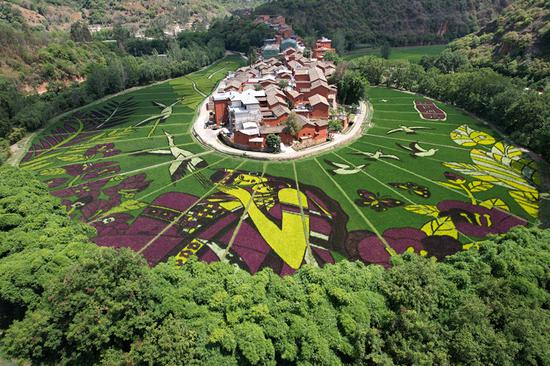
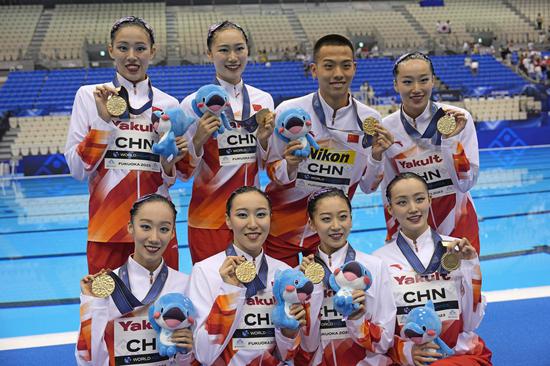

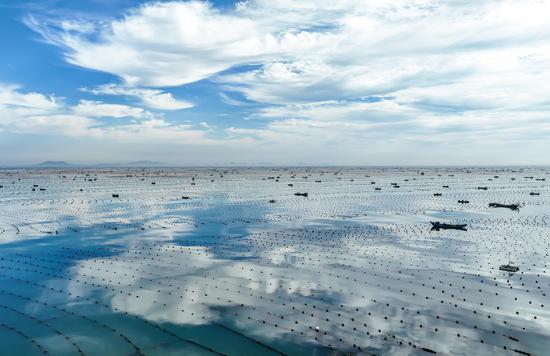
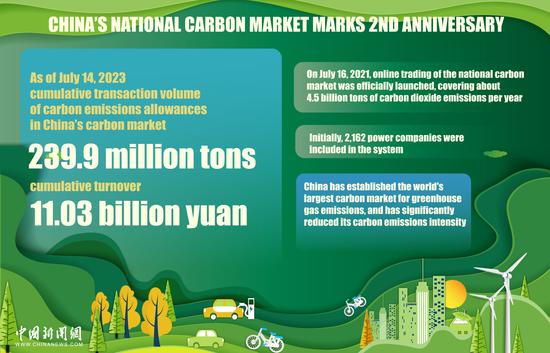





 京公网安备 11010202009201号
京公网安备 11010202009201号